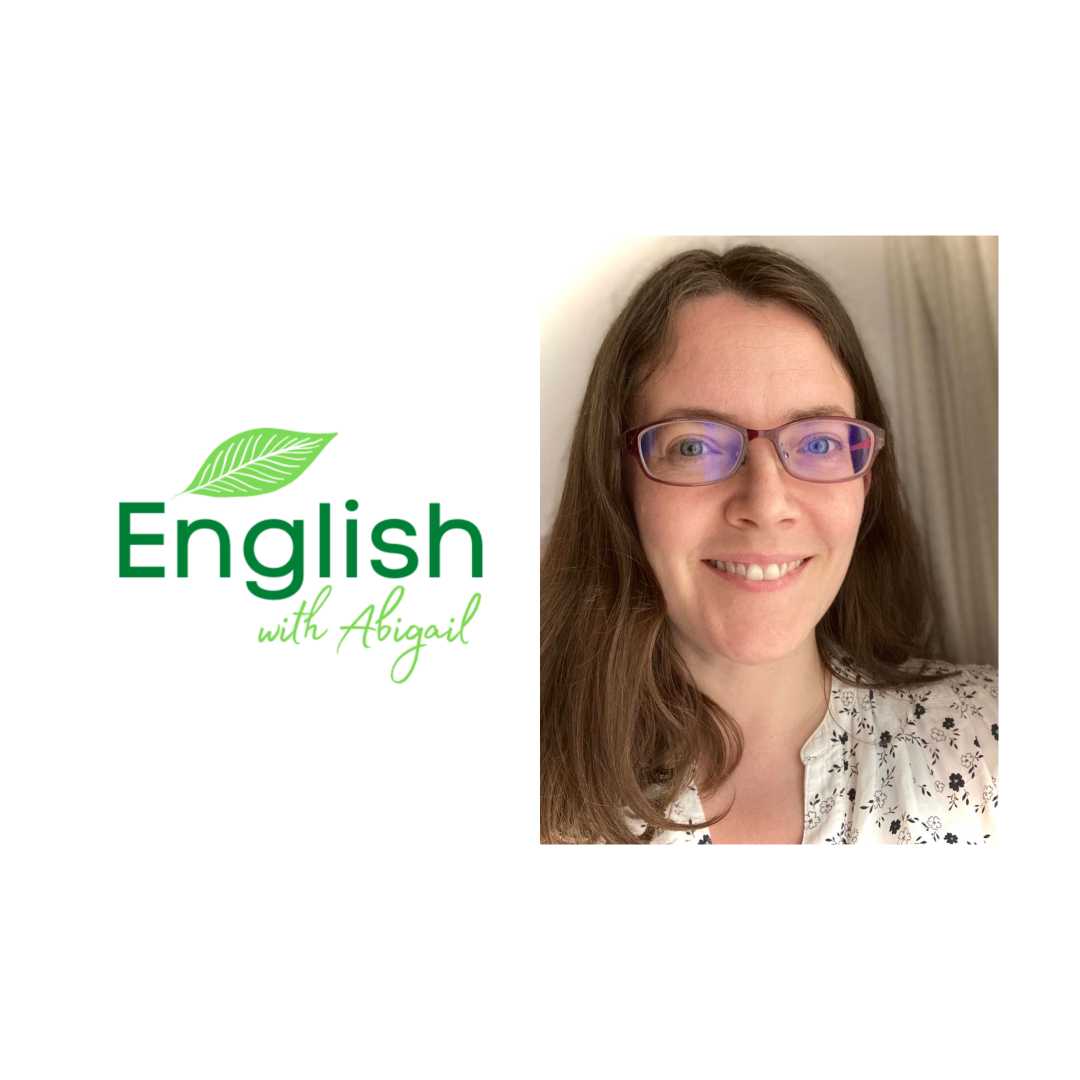
How to teach your children English
27/09/2022
You've decided that you want to teach your children English, and use more English at home. But what will you actually teach them? Here are 3 things to teach, and 3 things you don't need to bother with
1. Do teach with actions
As babies learning language the first thing we do is watch and listen. So it makes sense that the first thing children learning English as another language do is to watch and listen. At home all you need to do is say an action and then do an action. Your kids will join in. Say 'run' and run around. Say 'eat' and gesture eating. Say 'sneeze' and mime sneezing. It's so fun. Soon your children will be making suggestions too. Make it more complicated 'jump like a kangaroo' is different to 'jump like a rabbit' or 'eat a hamburger' is different to 'eat spaghetti'. When your children know lots of actions then it's easy to add in grammar without teaching it. Make questions like 'Are you jumping?' or 'Did you swim?' can slowly introduce the idea of different tenses. Remember the do action first - then speak. If you want a beautiful programme to follow to introduce your kids to English through action then check out The Cultured Kid's English programme. You can get 7 days free access here.
2. Do teach questions and answers
So much of any language is made up of set phrases - How are you? Fine, thank you. Ignore the Youtubers who say 'don't say this!' 90% of the time that's the right answer. You can think of phrases to use in everyday life around your house - here you are, thank you. Are you ready? Yes I am! Where are your socks? Over there! Where's your homework? I don't know!' Use these phrases around your home so it becomes a normal part of your home life.
3. Do teach phonics
Learning the sounds of letters in English is essential for reading and writing. Learning the sounds is different from learning the names of the letters. Phonics teaches the sounds of English - there are 46. It's the foundation for understanding how to read and write in English. Although there are a lot of exceptions to the rules in English, having this basic understanding of how sounds and letters work together in English is really important. I have been teaching English for over 14 years and I wish more adults had had a good foundation in phonics because they do not understand how to form English words - it's not that random! Learning phonics rules will help propel your little readers and encourage them to love reading and writing more!
1. Don't teach grammar
There are not many 5 year olds who say 'But Mummy I want to know how to conjugate the verb to be correctly.' For small kids grammar is not that important for communication. Learning the irregular past verbs is not really the best way to spend your time when you're 6. So instead of learning by rote, or memorising from a book, use the words in your everyday life. You could choose to practice something that you've noticed your kids getting wrong - for example the past of the verb to swim. So talk a lot about swimming, ask questions - have you ever swum in the sea? we swam yesterday didn't we? Do you swim at school? I swam in the ocean when I was 8. etc. It's really important that children notice the rules themselves in order to learn it fully. So instead of telling them this is the rule, let them discover it.
2. Don't teach ABCs
Knowing the alphabet or the ABC song isn't actually very useful for speaking, reading or writing in English. It doesn't help with spelling or speaking or listening, and most kids end up saying ellymanypee, instead of LMNOP. So while learning the ABC song is fun, and it is useful for learning the names of letters, it shouldn't be the first thing that children learn. Much much more useful to start with phonics and the sounds of letters so children can learn to spell.
3. Don't give a word by word translation
You don't need to translate every word for your children. Sometimes there isn't even a direct translation. Sometimes you don't need to translate at all. For kids it's more important to know when to say it, and what's the result when you say it! Discovery learning is a really powerful tool. That means letting children notice what happens when you say words, notice which words work together. Kids don't notice out loud - they probably won't say "Now I understand about third person 's'" But their brains will start to use it automatically. And that means they've noticed it. The best way you can help them is to keep using English. If you'd like more ideas for games to play together here's my eBook with 21 ideas to play together.
If you’re a mum and you want to speak English more, you need to join us in Mums’ English Circle. Small group conversation lessons, online, join me and other mums around the world here.
Comments
Must be Logged In to leave comments.
Search
Are you an English language teacher? Join Elevate
About me

I'm Abbie and I'm an English teacher and English event organiser. I've been teaching English for over 15 years. I'm British and I live in Japan with my husband two daughters and a lot of crafting supplies.

